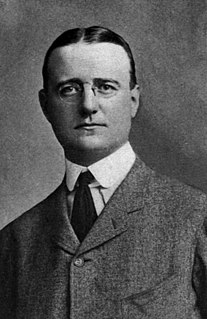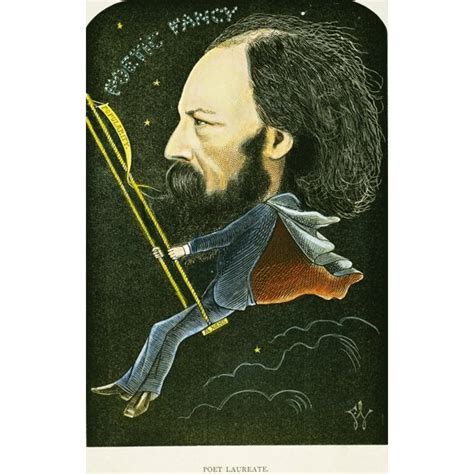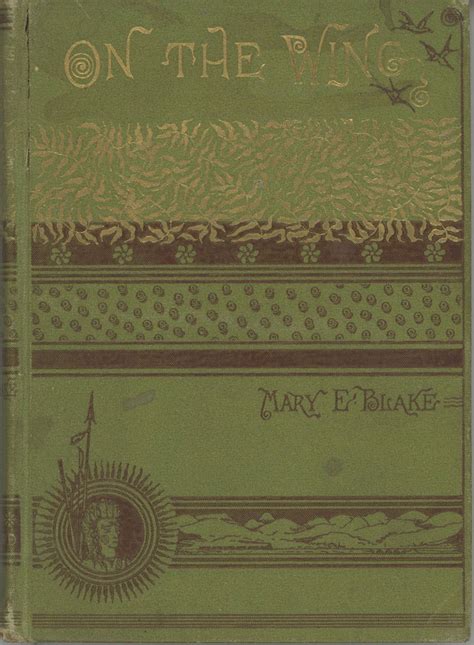Top 970 Tis Quotes & Sayings - Page 13
Explore popular Tis quotes.
Last updated on November 27, 2024.
There is a vulgar persuasion, that the ignorance of women, by favoring their subordination, ensures their utility. 'Tis the same argument employed by the ruling few against the subject many in aristocracies; by the rich against the poor in democracies; by the learned professions against the people in all countries.
Tis not the wholesome sharp mortality,
Or modest anger of a satiric spirit,
That hurts or wounds the body of a state,
But the sinister application
Of the malicious, ignorant, and base
Interpreter; who will distort and strain
The general scope and purpose of an author
To his particular and private spleen.












































